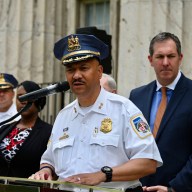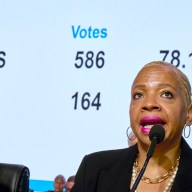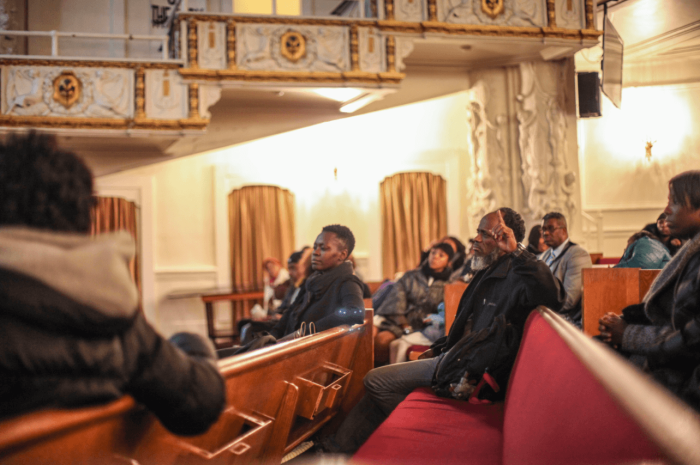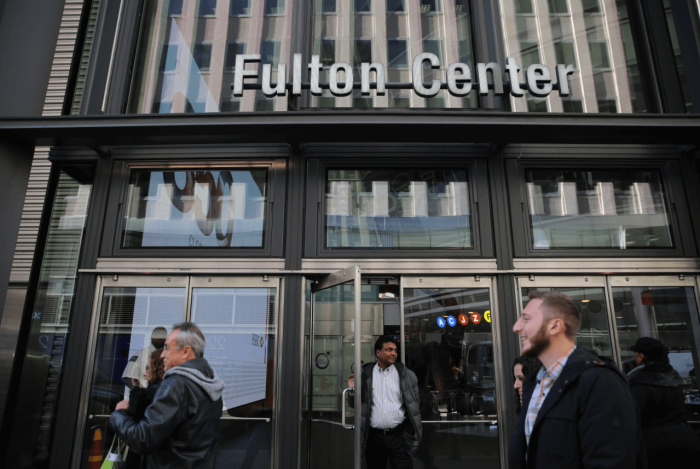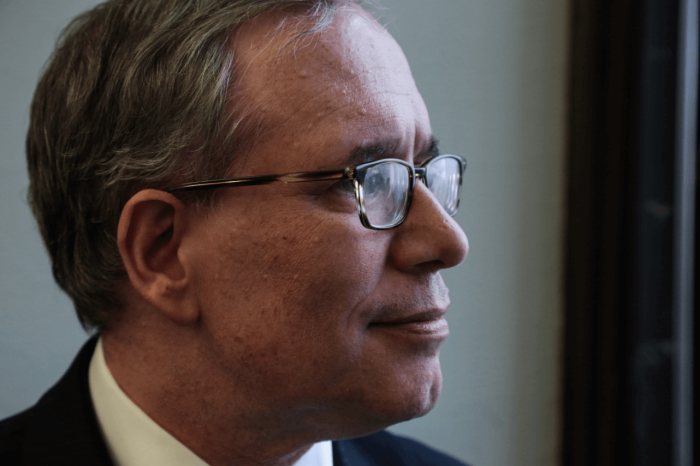City council members are considering a bill that would require police officers to get written or recorded consent from individuals they intend to search on a voluntary basis.
The “Right to Know Act” would not apply to those who have a warrant for their arrest, or if the officer has probable cause.
Currently, officers are not required to inform people who are not under arrest that they have a right to refuse a search.
The legislation is co-sponsored by Council member Antonio Reynoso of Brooklyn and 18 other council members. They believe the law, if passed, would protect an individual’s Fourth Amendment right against unnecessary search and seizure, and build better relationships between the police and communities of color. The bill also requires officers to identify themselves during a law enforcement encounter. Reynoso said in a media release announcing the bill that “young people of color are targeted for stops at much higher rates that the rest of the population,” and that many New Yorkers don’t know they have a constitutional right to refuse to be searched. Council member Ritchie Torres of the Bronx, a co-sponsor, said the NYPD’s recent policy change on issuing summons instead of an arrest for low level marijuana possession is a “step in the right direction” but does not address “on-the-ground interactions between police and people.” Supporters rallied ahead of the bill’s introduction on Thursday morning. Later in the day, Speaker Melissa Mark-Viverito said she still had to review the bill before deciding whether to support it. Patrolmen’s Benevolent Association President Pat Lynch called the bill a “poorly conceived idea … that starts with the belief that aggressively fighting crime to keep communities safe is a bad thing.” “This kind of proposal makes it appear that the council is more interested in protecting criminals than keeping communities safe,” Lynch said.
Council to consider “Right to Know Act”
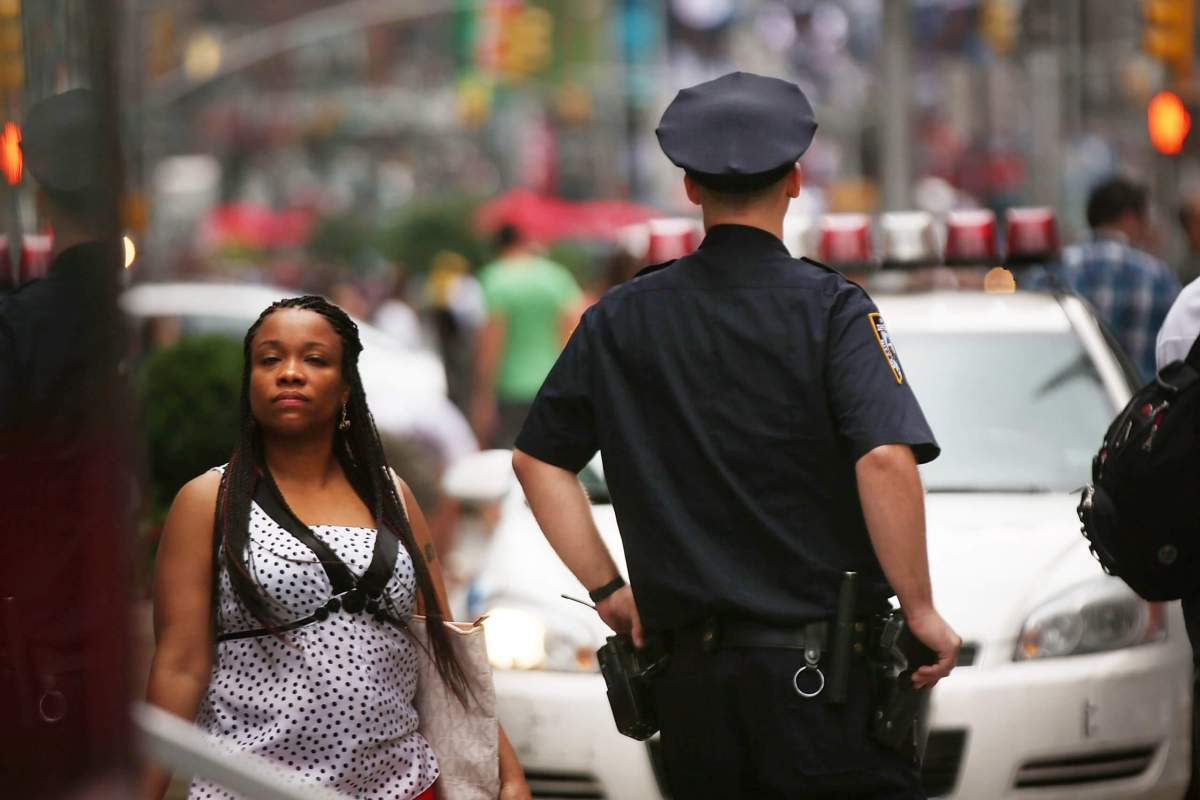
Spencer Platt/Getty Images






